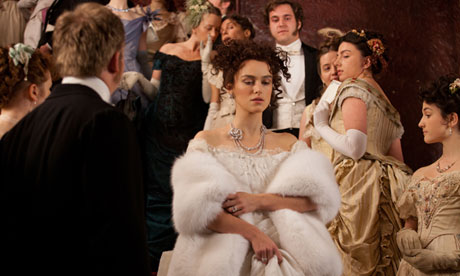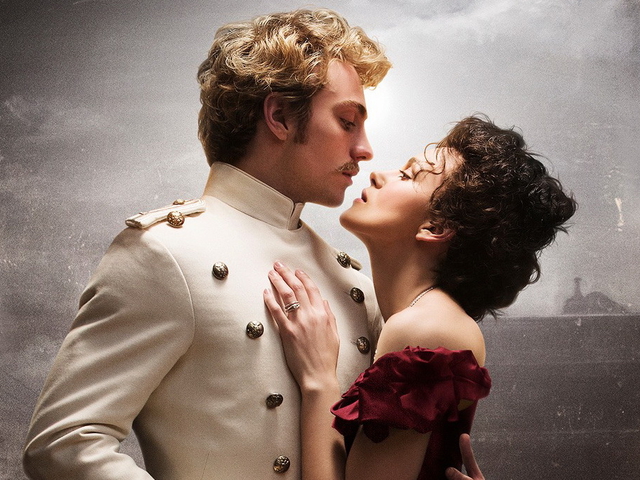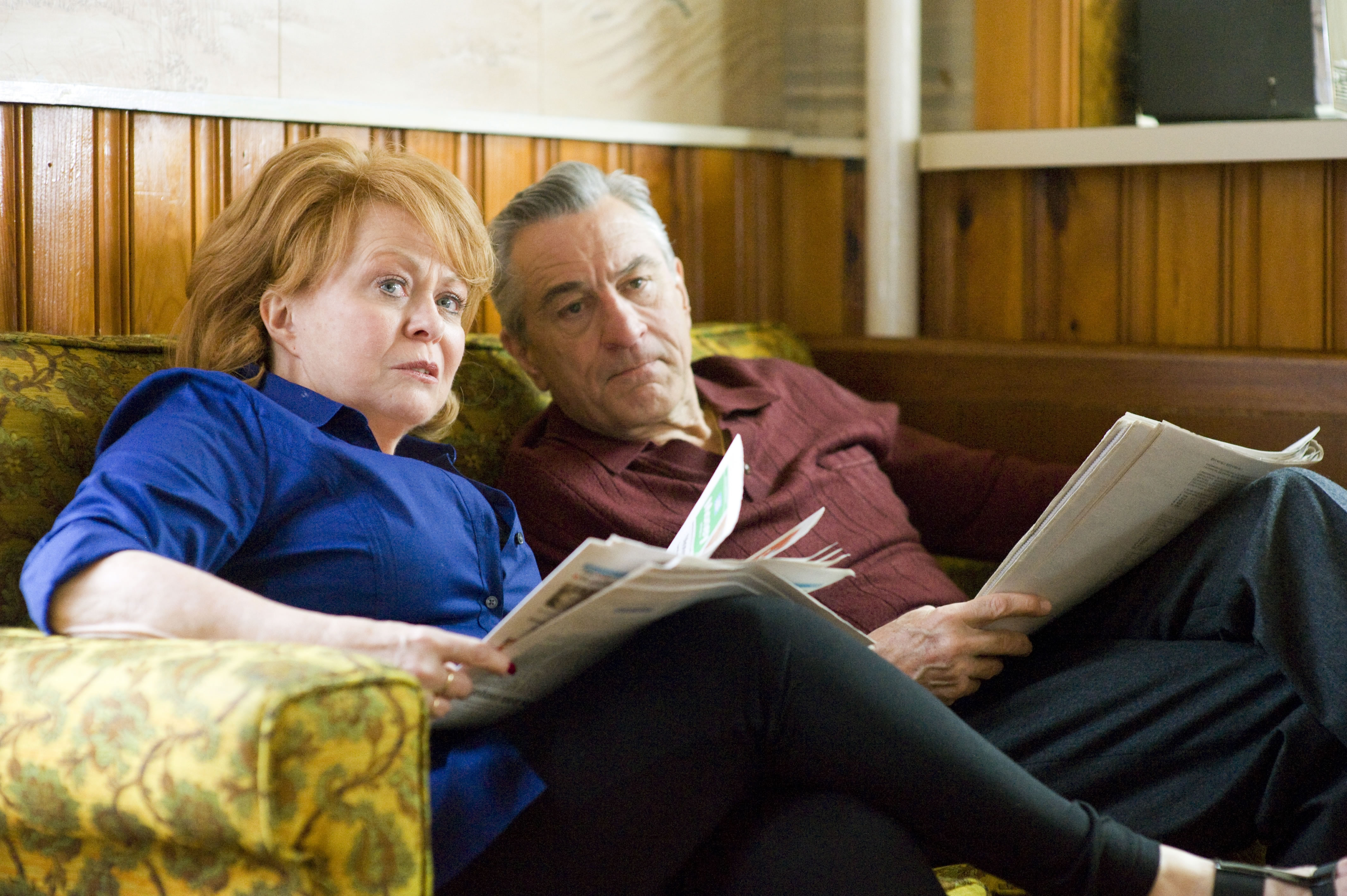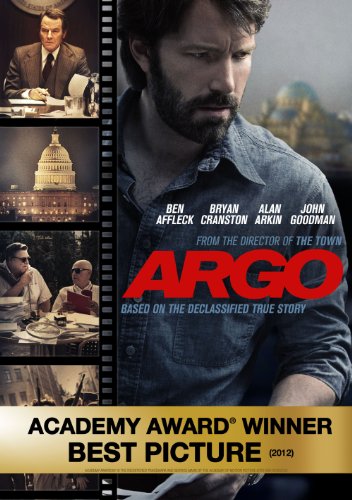Writers: Tom Stoppard (Screenplay), Leo Tolstoy (novel)
Starring: Kiera Knightly, Aaron Johnson, Jude Law, Matthew Macfadyen, Michelle Dockery
 If I was going to give an excuse as to why I neglected to write about the Oscar nominated films in advance, I would say that it was due to the fact that this years Oscars contained some long ass films. The cinema seems to be reverting back to the days when film would last for hours, when an audience reaction wasn't necessarily the main objective and it was more the fascination with people moving on a screen (ie ‘Birth of a Nation’) and had to be viewed in two sittings (sometimes even three). These days most cinemas don’t have an interval in the middle of the film so the viewer is stuck in a dark cinema or glued to the sofa (hypothetically speaking) for hours on end. Therefore it took time to watch all of the nominated films, dedication to writing notes, and then more time to attempt to provide a somewhat interesting overview on what the film was like and why one should choose to watch it. Okay so maybe I’m being a bit dramatic, basically I’m one lazy motherblogger. One of these long films, and the subject of this post, is Joe Wrights “Anna Karenina” (2012) starring Kiera Knightly, Jude Law and Aaron Johnson.
If I was going to give an excuse as to why I neglected to write about the Oscar nominated films in advance, I would say that it was due to the fact that this years Oscars contained some long ass films. The cinema seems to be reverting back to the days when film would last for hours, when an audience reaction wasn't necessarily the main objective and it was more the fascination with people moving on a screen (ie ‘Birth of a Nation’) and had to be viewed in two sittings (sometimes even three). These days most cinemas don’t have an interval in the middle of the film so the viewer is stuck in a dark cinema or glued to the sofa (hypothetically speaking) for hours on end. Therefore it took time to watch all of the nominated films, dedication to writing notes, and then more time to attempt to provide a somewhat interesting overview on what the film was like and why one should choose to watch it. Okay so maybe I’m being a bit dramatic, basically I’m one lazy motherblogger. One of these long films, and the subject of this post, is Joe Wrights “Anna Karenina” (2012) starring Kiera Knightly, Jude Law and Aaron Johnson.
Out of the three Oscar nominations, ‘Anna Karenina’ won one for Best Achievement in Costume design (made by Jacqueline Durran). This year, Durran also won a BAFTA for her costume designs, as well as a CDG award from the Costume Designers Guild. Safe to say, the costumes in this period drama are pretty spectacular. After all, what kind of period drama would the film be without costumes? The film won another 12 prizes and has been nominated for 30 awards in total.
 In addition to the costumes, another predominant feature of this film is the production design and cinematography.The combination of the two really set the scene beautifully for this period drama and essentially transport the viewer into Tolstoys mind, or for the literary critics out there, at least the audience saw Joe Wrights directional vision. The stage set up and the unique frame transitions using trains, a stage backdrop and theatre backstage area helped in providing a slightly claustrophobic atmosphere for the viewer- in turn emphasizing the rising tension in the film that runs parallel to the emotions of Anna Karenina herself as she becomes increasingly watched and judged by society for her sordid affair.
In addition to the costumes, another predominant feature of this film is the production design and cinematography.The combination of the two really set the scene beautifully for this period drama and essentially transport the viewer into Tolstoys mind, or for the literary critics out there, at least the audience saw Joe Wrights directional vision. The stage set up and the unique frame transitions using trains, a stage backdrop and theatre backstage area helped in providing a slightly claustrophobic atmosphere for the viewer- in turn emphasizing the rising tension in the film that runs parallel to the emotions of Anna Karenina herself as she becomes increasingly watched and judged by society for her sordid affair.
I literally prayed that Kiera Knightly (Karenina) did not pout her way through this film. In general, I admire her as an actress and there really is no one else who can do period dramas as well, but at times I worry whether she believes that everyone pouted their way through life from the 16th century (Pirates of the Caribbean) to 19th century. Anna Karenina begins the narrative as the Belle of St Petersberg society. In his novel Tolstoy managed to encompass a whole society at the height of Russian Imperialism; a vision that I believe Wright has managed to convey beautifully by using the stage where the whole of society seems to unite. The theatre is used to convey the illusion of a pretty, decadent and heavily embellished society given centre stage, that behind the scenes (scenes that have been shot in other locations) tell a very different story. At certain points throughout the story the audience do sympathize with Anna: she is married to a husband (Law) who treats her well, but is boring and more focused on his work. Therefore it is understandable that Anna is going to want to fall and experience a more passionate, different kind of love with Alexei (Johnson). Yet even after her affair she tries to maintain her self important reasoning believing she is above everyone else thus refusing to accept her new position in society and in turn becoming increasingly outcast.
Three quarters of the way through the film the tone seems to change from being 'steamy' and full of sexual tension to cold and empty, until eventually Karenina falls off her pedestal/ station platform. Overall the film questions many aspects of life, fantasy, reality, emotions, and human characteristics. It also makes the viewer question whether society today has changed that much since Tolstoys Russia. I know, unfortunately we do not endorse Oscar winning costumes everyday, but living in London where at least once every two months the tube and overground services experience major delays due to a person throwing themselves under a train, it does make you wonder what kind of life that person must of been living in todays society to drive them to do that.
Verdict: watch it! Knightly doesn't pout too much in this one, honest.






